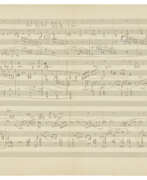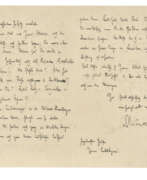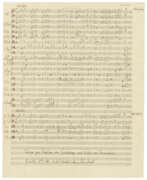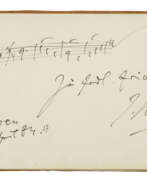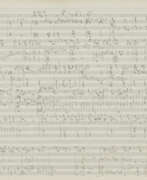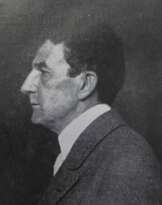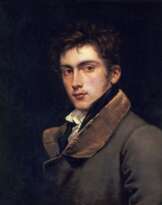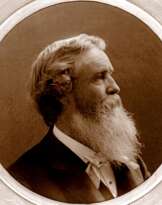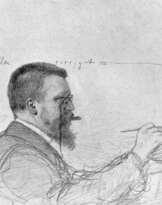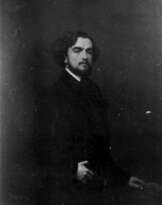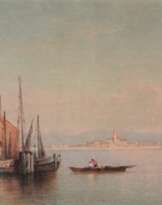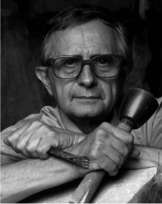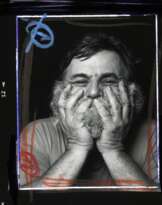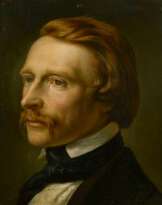Richard Strauss (1864 - 1949)
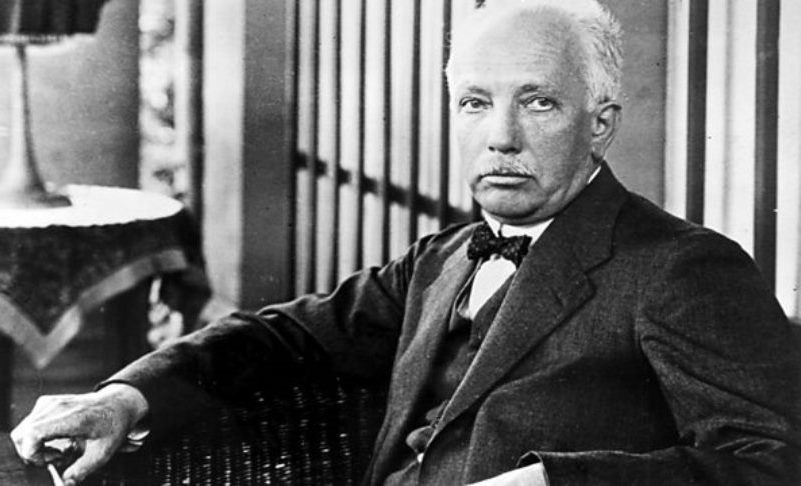
Richard Strauss
Richard Strauss, full name Richard Georg Strauss, was a German composer of the late Romantic era, a bright representative of German expressionism, and a conductor.
Richard received his first musical education from his father, a virtuoso French horn player at the Munich Opera. The boy was very musical and from the age of six began composing pieces. Growing up, Strauss led a successful career as a conductor of leading orchestras in Germany and Austria. In 1889 in Weimar he conducted the first performance of his symphonic poem Don Juan, which was received with triumph. Strauss was hailed by critics as Wagner's heir and from that moment his career as a composer began.
In 1904, with his singer wife Paulina Maria de Ana, who was an outstanding performer of his songs, Strauss made a concert tour of the United States.
Richard Strauss equally idolized Wolfgang Mozart and Richard Wagner, and much of his work grew out of this reverence. He excelled at writing works for large orchestra, but he was equally successful at subtlety in chamber music. The composer possessed unrivaled descriptive power and the ability to convey psychological detail. This was particularly evident in his operas Guntram, Salome, Elektra and others.
Together with Gustav Mahler, Richard Strauss represents the late flowering of German Romanticism, which combined innovative subtleties of orchestration with an innovative harmonic style.
| Date and place of birt: | 11 june 1864, Munich, Germany |
|---|---|
| Date and place of death: | 8 september 1949, Garmisch-Partenkirchen, Germany |
| Period of activity: | XIX, XX century |
| Specialization: | Composer |
| Art style: | Expressionism, Romanticism |

